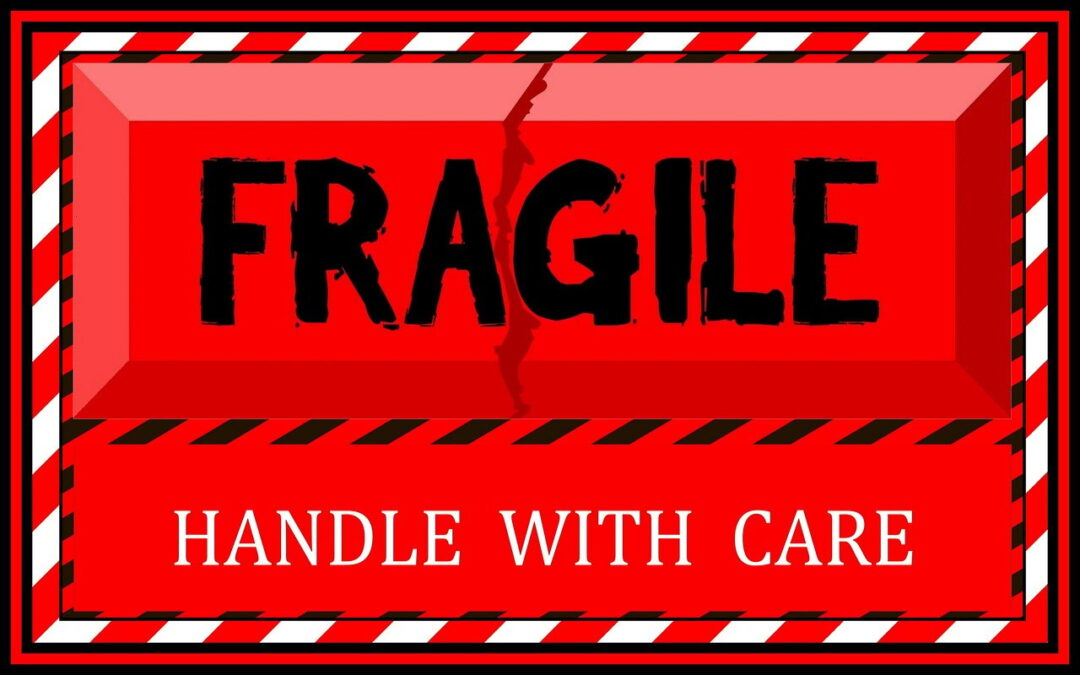Why leaders feel they must soften expectations and how rising sensitivity reshapes performance conversations and leadership confidence.
A shift leaders have noticed but rarely name
Many leaders are saying privately that it has become harder to set expectations, give direct feedback, or uphold standards without triggering defensiveness, disengagement, or emotional reaction. What once would have been a normal performance conversation now requires careful preparation, softened language, and emotional cushioning.
This is not because leaders have become harsher. It is because organisations have become more sensitive. Leaders describe it as walking on eggshells, even when their intentions are constructive and clear.
When accountability begins to feel dangerous
Leaders report that they hesitate before addressing missed deadlines, inconsistent delivery, or declining quality. They worry about how the message will be received, how the individual will interpret tone, and how quickly discomfort may escalate into grievance, withdrawal, or complaint.
Some say they now adjust expectations downward to avoid emotional disruption. Others say they absorb additional work rather than confront underperformance. Many say they have stopped being as honest as leadership requires.
The result is not kindness. It is avoidance. And avoidance erodes performance faster than incompetence ever could.
Why this fragility has emerged
Several forces have converged at once.
- A generation entering the workforce with different emotional norms.
- Anxieties amplified by uncertainty and economic pressure.
- Hybrid environments where signals are misread.
- A cultural narrative that discomfort equals harm.
In this climate, leaders are expected to protect emotional safety, sometimes at the cost of organisational effectiveness.
The paradox no one admits openly
- People want to be developed, yet resist feedback.
- Teams want autonomy, yet avoid accountability.
- Organisations want high performance, yet dilute standards.
- Leaders want to be supportive, yet fear being perceived as demanding.
This creates a workplace where expectations become softer, clarity becomes blurred, and excellence becomes optional.
The consequences leaders are already seeing
- Performance variation widens.
- Mediocrity becomes normalised.
- High performers become frustrated and quietly disengage.
- Leaders become cautious rather than confident.
- Teams become reactive rather than resilient.
When standards fall, culture weakens. When culture weakens, results decline.
The truth beneath the surface
Leaders are not lowering standards because they believe in less. They are lowering standards because they fear the reaction. And when fear shapes leadership behaviour, fragility spreads through the organisation like a silent fog.
How leaders restore strength without becoming harsh
The answer is not force. It is clarity. It is consistency. It is adult-to-adult communication.
There are approaches that rebuild resilience while maintaining trust.
- Define expectations explicitly rather than implicitly.
- Link feedback to purpose, not fault.
- Treat discomfort as a normal part of growth.
- Acknowledge emotion without being governed by it.
- Praise effort, but reward performance.
Resilience grows when challenge and support exist together.
The role modelling effect
When leaders demonstrate calm firmness, teams learn that high standards are a form of respect, not criticism.
When leaders speak truth without aggression, people learn that honesty is safe.
When leaders refuse to walk on eggshells, the organisation stops producing them.
Strength is contagious. But so is fragility.
Organisational fragility is not a problem of personality. It is a problem of culture. It emerges quietly and spreads through hesitation, avoidance, and emotional sensitivity that confuses guidance with judgment.
Here is a question worth exploring among leadership peers.
Are we protecting people from discomfort, or preventing them from developing capacity?
And here is the insight that lingers:
Organisations do not become fragile because leaders are too strong, but because leaders feel they must become weaker than the role requires.
The leaders who will strengthen their cultures are those who can uphold standards with humanity and communicate truth with steadiness. They will build workplaces where resilience returns, excellence is expected, and trust grows rather than fractures.

